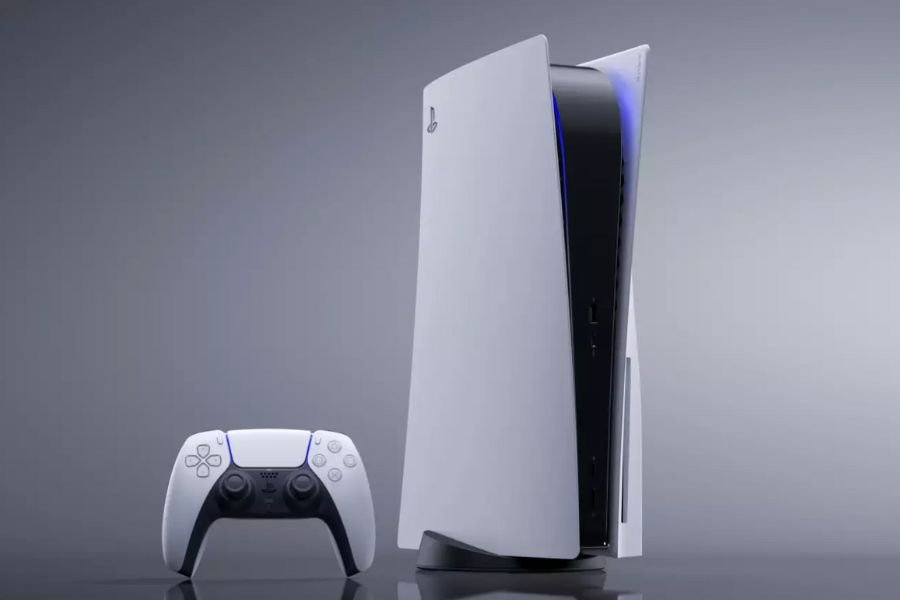The ongoing debate between PC gaming and console gaming continues to be a topic of interest for gamers around the world. Each platform has its own unique set of advantages and drawbacks, making the choice between the two largely dependent on individual preferences, budget, and gaming habits. This article delves into the key differences between PCs and consoles to help you determine which platform might be the better fit for your gaming needs.
Hardware Flexibility vs. Stability
One of the most significant distinctions between PCs and consoles lies in their hardware. PCs are renowned for their customizability, allowing users to select and upgrade components such as the processor, graphics card, memory, and storage. This flexibility empowers gamers to tailor their rigs to their specific needs, whether they prioritize high-end graphics, faster load times, or support for cutting-edge technologies like ray tracing and virtual reality. As technology evolves, PC gamers can continuously upgrade their systems to keep pace with the latest advancements.
In contrast, consoles come with fixed hardware that remains consistent throughout the device’s lifecycle. While this limits their performance potential compared to gaming PCs, it also ensures that games are optimized to run smoothly on the specific hardware configuration. Console gamers can enjoy a reliable gaming experience without worrying about the need for constant upgrades, especially in the early years of a console generation. This stability can be a significant advantage for those who prefer a straightforward, plug-and-play gaming experience.
Game Library: Breadth vs. Exclusivity
When it comes to game selection, both platforms offer compelling choices, though their strengths lie in different areas. Consoles are known for their exclusive titles, with games like “The Last of Us” for PlayStation and “Halo” for Xbox serving as major draws for their respective platforms. These exclusive titles are often optimized to take full advantage of the console’s hardware, providing immersive gameplay experiences that are not available on other platforms.

On the other hand, PC boasts a vast and diverse game library that includes not only mainstream titles but also a wealth of indie games and user-generated content. The open nature of the PC platform allows developers to experiment with different genres and cater to niche audiences, leading to a more varied gaming experience. Additionally, digital distribution platforms like Steam, Epic Games Store, and GOG frequently offer discounts and sales, making PC gaming more affordable in the long run.
Performance: Customizable Power vs. Consistent Output
Performance is a critical factor for many gamers, and in this regard, gaming PCs often have the upper hand. Thanks to their customizable and upgradable hardware, gaming PCs can achieve higher frame rates, better graphics quality, and support for advanced technologies like real-time ray tracing. This makes PC gaming an appealing choice for those who demand the highest level of performance and are willing to invest in the necessary components.
However, consoles are specifically designed for gaming and can deliver impressive performance relative to their fixed hardware. Games on consoles are optimized to run smoothly on the specific hardware configuration, often resulting in stunning visuals and fluid gameplay, especially in the early years of a console’s release. While the performance gap between high-end gaming PCs and consoles may narrow over time, PCs are likely to maintain an edge due to their upgradeability.
Cost Considerations: Upfront vs. Long-Term Investment
When it comes to cost, consoles generally have the advantage in terms of upfront affordability. consoles are typically sold as complete packages, including the necessary hardware and a controller, making them more accessible to budget-conscious gamers. Manufacturers often price consoles competitively, aiming to profit from game sales and subscription services rather than the hardware itself.
Gaming PCs, on the other hand, can be more expensive upfront, especially for those who opt for high-end components. However, the ability to upgrade individual parts over time can provide better long-term value, as gamers can enhance their system’s performance without needing to replace the entire machine. Additionally, the broader selection of discounted games available on digital distribution platforms can make PC gaming more economical in the long run.
Multiplayer and Online Experience: Customization vs. Simplicity
Both PCs and consoles offer robust online multiplayer capabilities, but the experiences they provide can differ significantly. A PC often provides a more personalized online gaming environment, complete with specialized servers, a wide range of multiplayer choices, and a vibrant modding community. This flexibility can lead to a more personalized and potentially more engaging multiplayer experience.

Consoles, however, provide a more streamlined and user-friendly online experience. Services like PlayStation Network and Xbox Live offer features such as party chat, matchmaking, and exclusive content, all optimized for ease of use. This makes console gaming a more accessible option for casual gamers who prefer a hassle-free online experience.
Which is Right for You?
Ultimately, the choice between a PC and a console comes down to personal preferences and priorities. Gaming PCs excel in terms of hardware flexibility, performance potential, and a broader game library, offering a customizable and long-term value proposition. Consoles, on the other hand, offer affordability, ease of use, exclusive titles, and a stable, optimized gaming experience.
For those who prioritize top-tier performance and the ability to customize and upgrade their gaming setup, a PC may be the better choice. However, for gamers who value simplicity, exclusive games, and a lower upfront cost, a console might be the more appealing option. In the end, the best gaming platform is the one that aligns most closely with your gaming habits and preferences.






